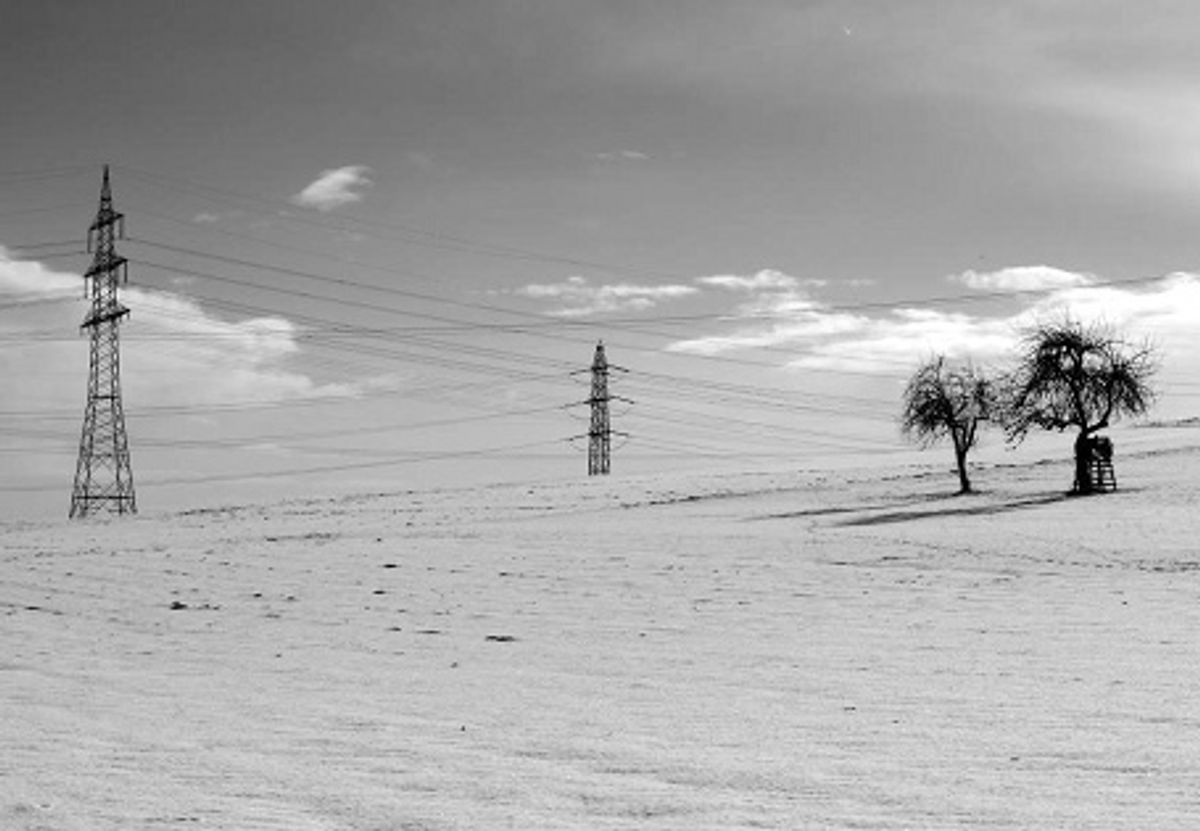Fresh off the record-setting solar weekend in Germany, the country's transmission operators say plans are in the works for a huge transmission line buildout to accommodate growing wind power resources.
The goal is to build 3800 kilometers (more than 2300 miles) of high-voltage lines—2100 km direct current lines and 1700 alternating current lines—stretching from the coasts of the Baltic and North Seas toward the southern parts of the country. The North Sea is already home to a few offshore turbines (and the government wants about 10 gigawatts of offshore wind installed by 2022 in order to help meet the country's renewable energy goals). By 2030, the hope is that more than 25 gigawatts will be installed—something on the order of 5000 turbines, depending on size.
Transmission is no easy thing to build, however. The new lines will cost around €20 billion (close to $25 billion), and there will need to be some serious buy-in from the public and politicians alike to get the project done. "We need to see a closing of ranks with politics to make sure the network expansion works," said Klaus Kleinekorte, CEO of transmission operator Amprion, in the Financial Times.
He emphasized the importance of starting on these projects as soon as possible with the aim of having them delivering power by 2020 at the latest. Germany will spend the next few decades in a bit of an energy crunch, having already taken some nuclear plants offline after Fukushima and the remainder scheduled to be totally shuttered by 2022. The strained grid will face a higher risk for big blackouts as nukes shut down and renewables come online, which good new transmission networks could ease.
And that $25 billion price tag may seem steep, but it's just a tiny part of the overall energy picture in Germany. Earlier this year, Siemens estimated that the nuclear phaseout overall could cost more than $2 trillion. It's refreshing to see the country staring some of these big energy issues so full in the face—even with logistical and cost difficulties everywhere, Germany is clearly not fooling around when it comes to renewable energy.
Image via Steffen Ramsaier
Note: Post has been updated to correct mistake regarding location of the Baltic Sea.
Dave Levitan is the science writer for FactCheck.org, where he investigates the false and misleading claims about science that U.S. politicians occasionally make.




